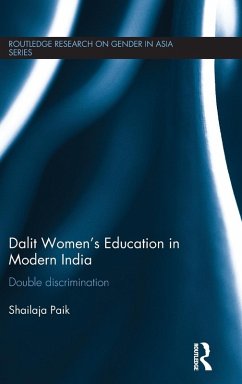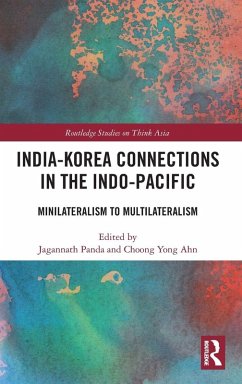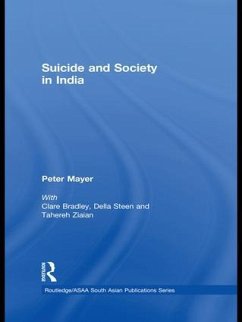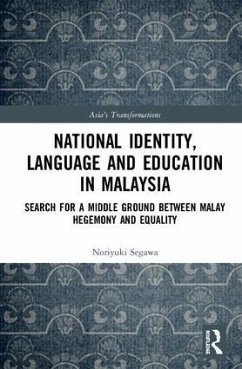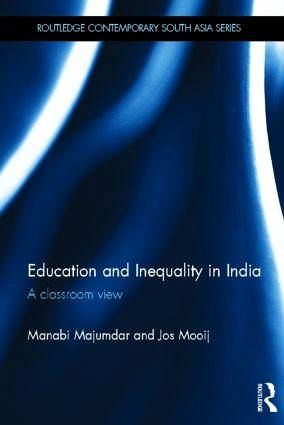
Education and Inequality in India
A Classroom View
Versandkostenfrei!
Versandfertig in 1-2 Wochen
176,99 €
inkl. MwSt.
Weitere Ausgaben:

PAYBACK Punkte
88 °P sammeln!
Focuses on primary education in India and interrogates what schooling means and does to children from weaker sections of Indian society and which values underpin the school system. This book presents the multiple ways in which social class impinges on the educational system, educational processes and educational outcomes.
Universalization of primary education has been high on the policy agenda in India. This book looks at the reproduction of social inequalities within the educational system in India, and how this is contested in different ways. It examines whether the concept of `education for all' is just a mechanically conceived policy target to chasing enrolment and attendance or whether it is a larger social goal and a deeper political statement about the need for attacking entrenched social inequalities. Drawing on original data collected in the two states of Andhra Pradesh and West Bengal, the authors present the multiple ways in which social class impinges on the educational system, educational processes and educational outcomes. The book goes on to explore issues around autonomy and accountability via an analysis of the position of teachers within the educational hierarchy, and by looking at the various possibilities of making teachers accountable. Recommendations related to the necessity for a larger debate and normative framework are made, including whether private schools should play a role, and whether it is necessary to move from government action and responsibilities to a broader concept of public action. The book presents in interesting contribution for students and scholars of South Asian studies, as well as Education and Public Policy studies.





